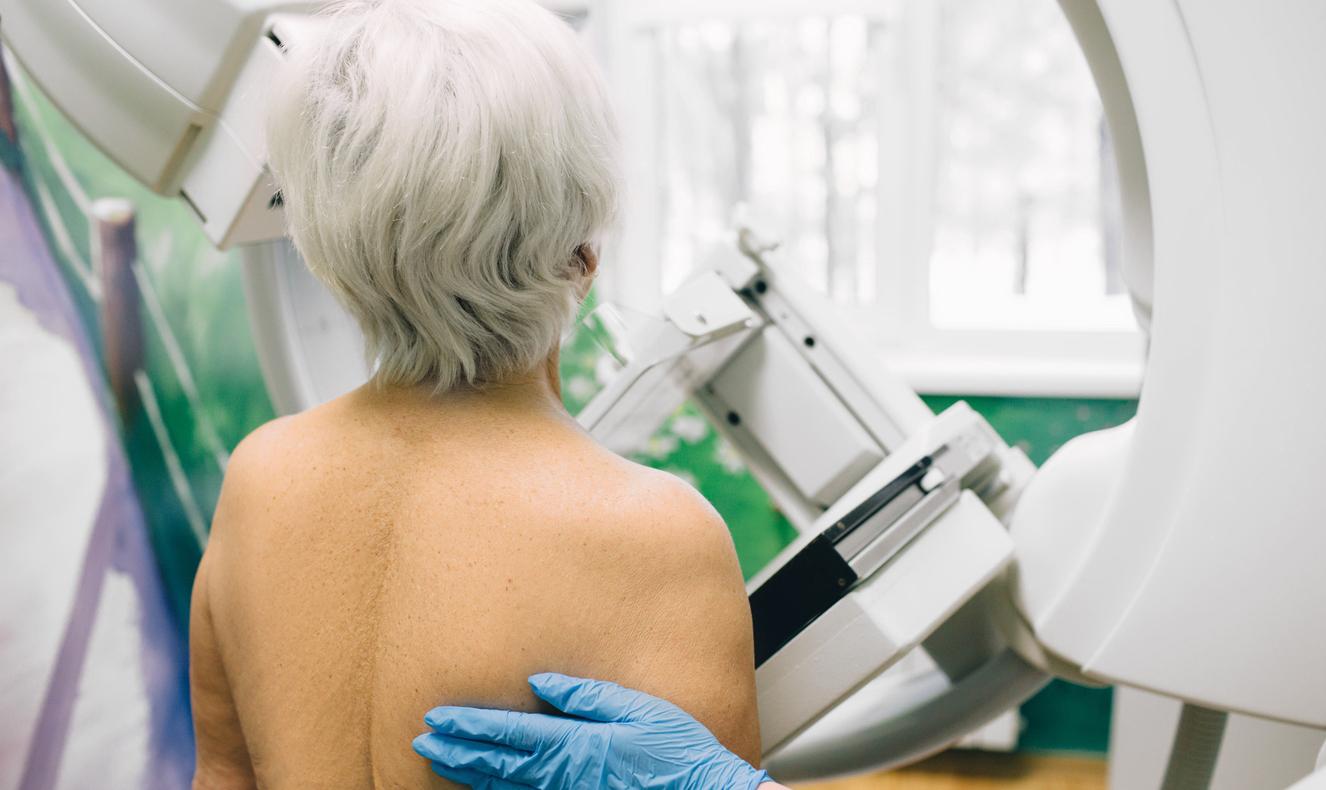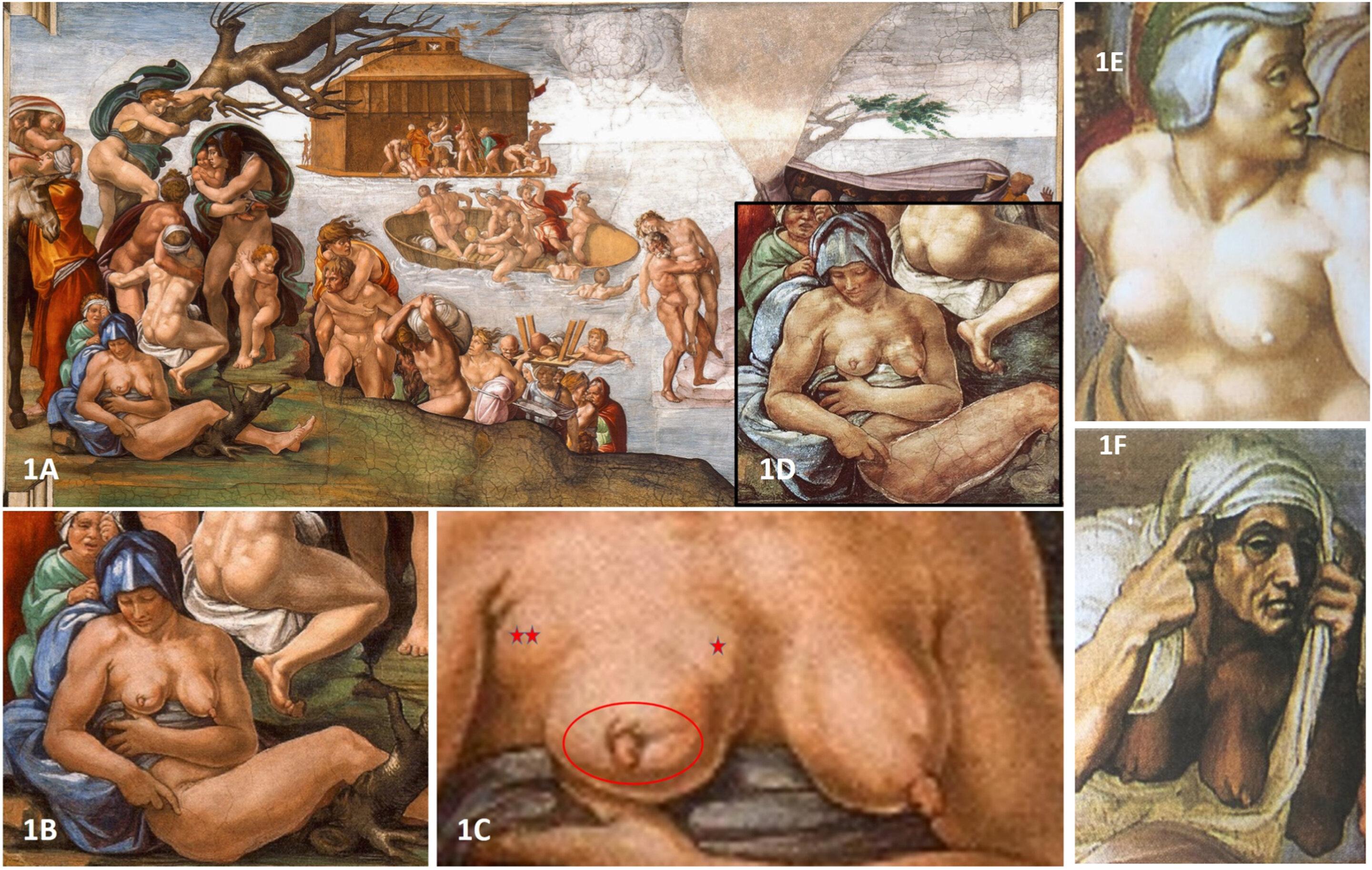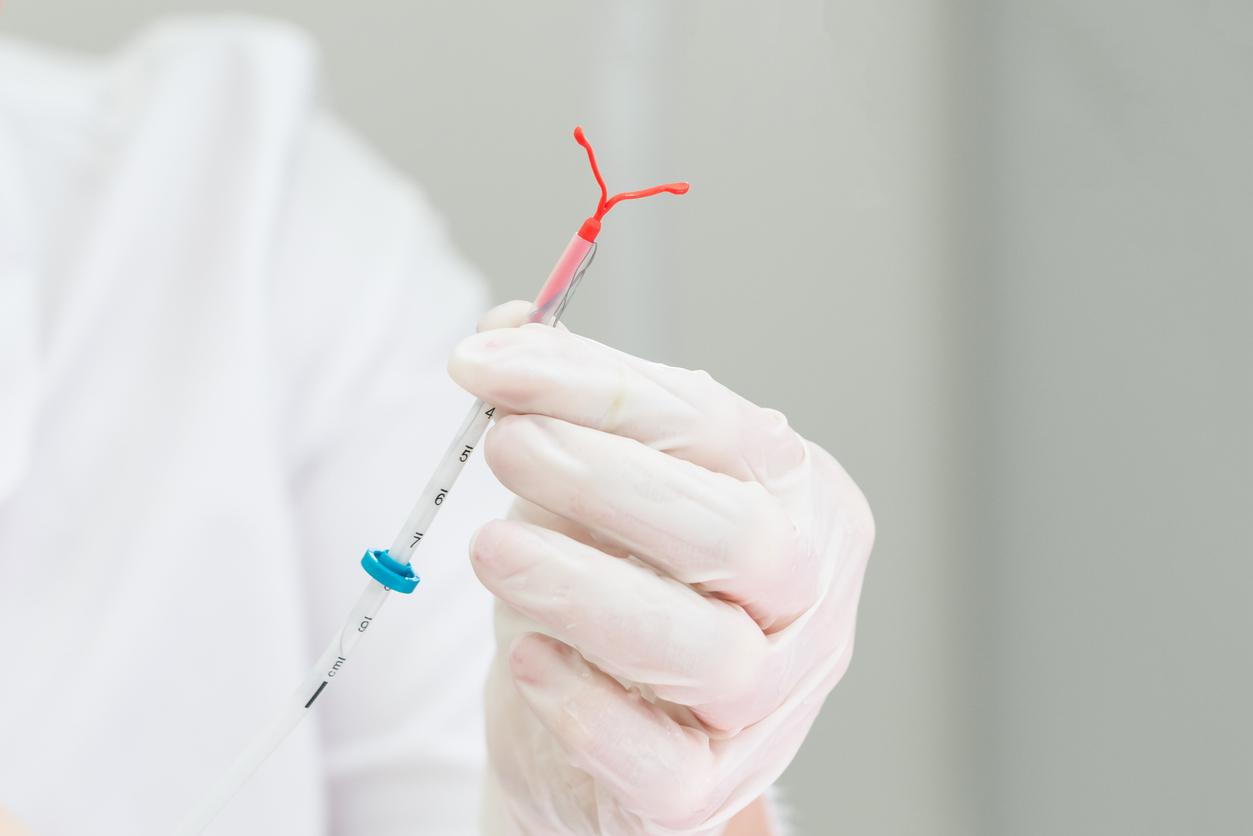American researchers have just developed a test to measure the effect of variants of undetermined significance in breast cancer, that is to say variants of the genes responsible for this disease and which present an unknown pathogenicity.
-1613907708.jpg)
- There are 4,565 variants of the BRCA2 gene responsible for breast cancer. Until now, no method allowed to know which of these variants are benign or pathogenic.
- Mayo Clinic researchers have developed a test capable of determining which variants are likely to be involved in breast cancer. 86% of the variants have already been analyzed.
- This discovery could help improve the care offered to patients carrying the BRCA2 gene.
Breast cancer can be hereditary. If there is a family history, women are often asked to take a genetic test to find out if they carry one of the genes responsible for this disease, called BRCA1 and BRCA 2. If so, they therefore have an increased risk of developing breast cancer. But, in some cases, doctors find variants of these genes, which exhibit unknown pathogenicity. They are called variants of undetermined significance. These genetic variants are therefore detected by the tests, but the practitioners do not know whether they are pathogenic or benign. Researchers at the Mayo Clinic have worked on breast cancer variants of undetermined significance and succeeded in developing a test to determine whether they are pathogenic or benign. Their results of their study were published in theAmerican Journal of Human Genetics.
4,565 different undetermined significance variants in the BRCA2 gene
“There are 4,565 different undetermined significance variants in the BRCA2 gene listed in the National Institutes for Health Clinical Variants Database (one of the American health authorities, editor’s note)“, says Fergus Couch, a breast cancer researcher at the Mayo Clinic. These data come from genetic tests analyzed in the laboratory and from research groups. According to Fergus Couch, the 4,565 variants of undetermined significance represent approximately 50% of all BRCA2 gene variants reported in the National Institutes for Health database.
No preventive treatment or targeted treatment for these variants
Several thousand patients tested worldwide carry these variants of indeterminate significance, but physicians do not know their clinical significance. They cannot therefore use this information to establish preventive treatments for breast cancer. It is also impossible to exploit them to develop targeted treatments for tumors that present alterations in the BRCA2 gene. “The current method for attempting to determine the clinical relevance of variants of undetermined significance in the BRCA2 gene is based on a series of rules from the American College of Medical Genetics and Genomics, which use genetic information about these variants and information from patients and families of the patients, explains Fergus Couch.
A test to determine the benign or pathogenic nature of these variants
American researchers have therefore developed a test to measure the effect of these variants of undetermined significance. This makes it possible to determine whether these variants are pathogenic or benign. The researchers combined their findings with information from the rules of the American College of Medical Genetics and Genomics. “We found that 86% of the variants of undetermined significance we studied were reclassified as benign or pathogenic, which is a major step forward. explains Fergus Couch. This is the first time a functional test has been combined with information from the American College of Medical Genetics and Genomics in this way, and the results show it to be highly effective.”
Improving patient care
Ultimately, this study could improve the care offered to patients. With this test, physicians will know immediately whether their patients’ variants of undetermined significance are benign or pathogenic. “Patients classified as having pathogenic variants may benefit from more frequent cancer screening or preventive breast removal to reduce the risk of developing cancer.” concludes the researcher.

.















